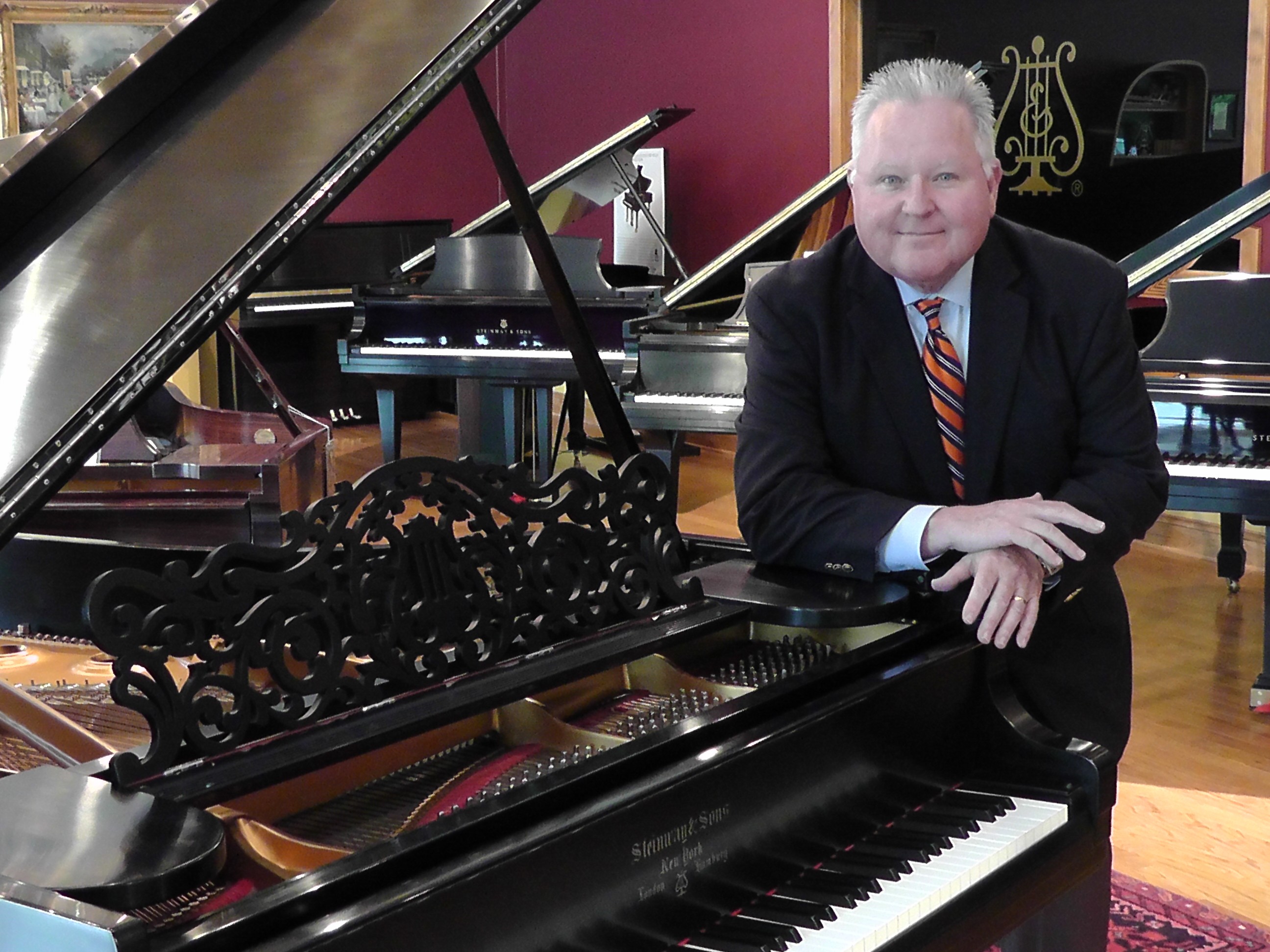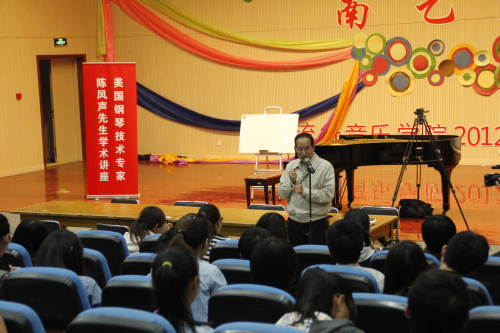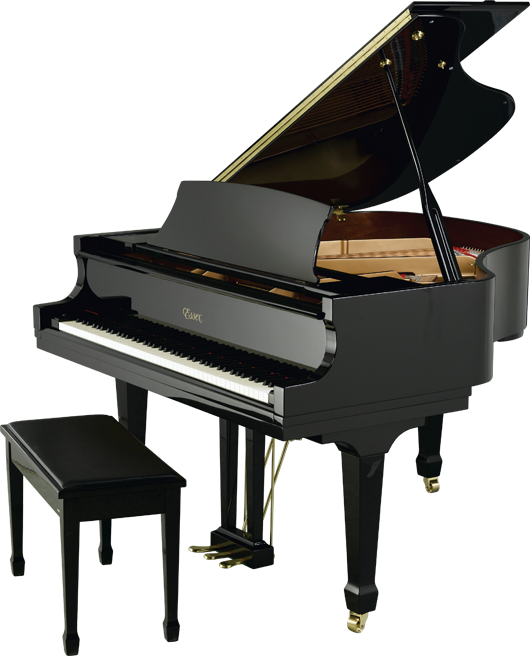Dr. Smith (name changed) was a pretty typical prospective client. He is a successful physician practicing in the Midwest. He was shopping for a vintage Steinway Grand for his Marco Island, FL home.
Over the next few months, he shopped and shopped and shopped and finally, purchased a 1922 Model A (6’1″) on eBay. He was thrilled to have found a completely rebuilt and refinished piano for less than $20,000. This is very suspicious because the cost of properly rebuilding and refinishing a Steinway grand is more than $20,000.
The good doctor had heard about Pianomation II, the latest player piano system from QRS, so he contacted a Florida Steinway Dealer to receive and inspect his piano and install the player system. The seller reluctantly agreed to ship the piano to the Steinway Dealer, and about a month later it arrived. It only took 15 seconds for the Steinway Dealer to figure out that something was fishy. The legs on the piano were not from 1922! Things got worse, fast.
The finish was very cloudy with many deep surface scratches. Oversized pins were a hint that the pin plank had not been replaced and some of the cheap plastic key-tops were coming unglued. All the action parts were original and worn. Only 90 seconds into the evaluation, they decided to turn the piano over to their technicians for a full assessment.
“Maybe they just got the date wrong,” suggested the techs. Serial numbers are how pianos are dated, and they are stamped in ink on the piano’s plate. The new serial number on this particular plate disagreed with the shadow of the old serial number you could partially see through the new finish. There are other places on a Steinway to find the serial number, but on this piano, the serial numbers had been sanded off.
Now there are many reasons why someone would remove the serial number from a piano, car, or gun. But, none of them are good reasons.
An e-mail was sent to Steinway & Sons in New York City. They promptly wrote back that the serial number in question had been assigned to a Mahogany Model M (5’7″) sold in New York in 1934. This piano was an impostor.
The Steinway Dealer called Dr. Smith. After discussing the possibility of starting the restoration from scratch he said, “But I will still have a piano with a phony serial number.” By now he was feeling that he had been deceived; and, of course, he had been. A few minutes later the Steinway Dealer got a call from the seller who wanted to argue with them about their assessment and protest that he had not broken any eBay rules. The Steinway Dealer suggested that he review the e-mail received from Steinway & Sons. Eventually, after numerous phone calls and more broken promises, the piano was picked up by a guy moving pianos in a horse trailer.
Dr. Smith got most of his money back. But he has since been put off buying a piano.
Had the piano been delivered directly to his home, and the problems discovered over time, it is unlikely he would have been able to return the piano.
Why has the piano market failed to present reasonable offerings online, and thereby opened up a vacuum filled by these carpetbaggers, when industry segments like electronics and guitars have successfully offered products online? There are several reasons.
First, none of the major piano manufacturers will allow their new pianos to be sold online. Best guess is, if they thought it was a viable way to market pianos, they would do it themselves. Why would they need dealers, if they could sell their pianos from a webpage? Obviously, the absence of high quality, name brand merchandise opens up an opportunity for bottom feeders.
Next, pianos are heavy, bulky instruments that must be wrangled into place, wrestled into tune, and constantly serviced. It is almost impossible to move a piano any significant distance for less than $1,000 and it is impractical to service pianos more than an hour away from the seller. Since most used pianos are decades old, there are often problems. The dealer needs to be close by.
The drawback with used pianos is that there aren’t many good ones. Dealers are able to sell all the good pianos they get on trade to local customers without much difficulty. Why would we want to market them to the lowest-price buyer online?
Then there is the economics. With locals selling old consoles and spinets on Craigslist for $200, transporting one even across state makes almost no sense. Properly regulating and voicing a 20-year-old upright is so expensive that it’s not profitable. Most used grands are more than 25 years old, and need extensive action work to be appropriate for normal use. That can be a week’s work, plus parts, which costs at least $5,000.
And finally, the Internet can be a liars’ club. Posters are anonymous and unaccountable. We have serviced a half-dozen or so pianos people have bought online. None of them were great pianos and none of the customers got a particularly good deal. Some of them were nightmares.
Expensive acoustic musical instruments need to be seen and played before they are purchased. The bottom line is: A piano is a large, heavy, complicated instrument that requires constant service. It’s a once in a lifetime purchase. Saving a few bucks by buying one online is unlikely to get you a piano you will love forever. Do yourself a favor; let a reliable local dealer help you find a quality piano, and pay him a fair price.




